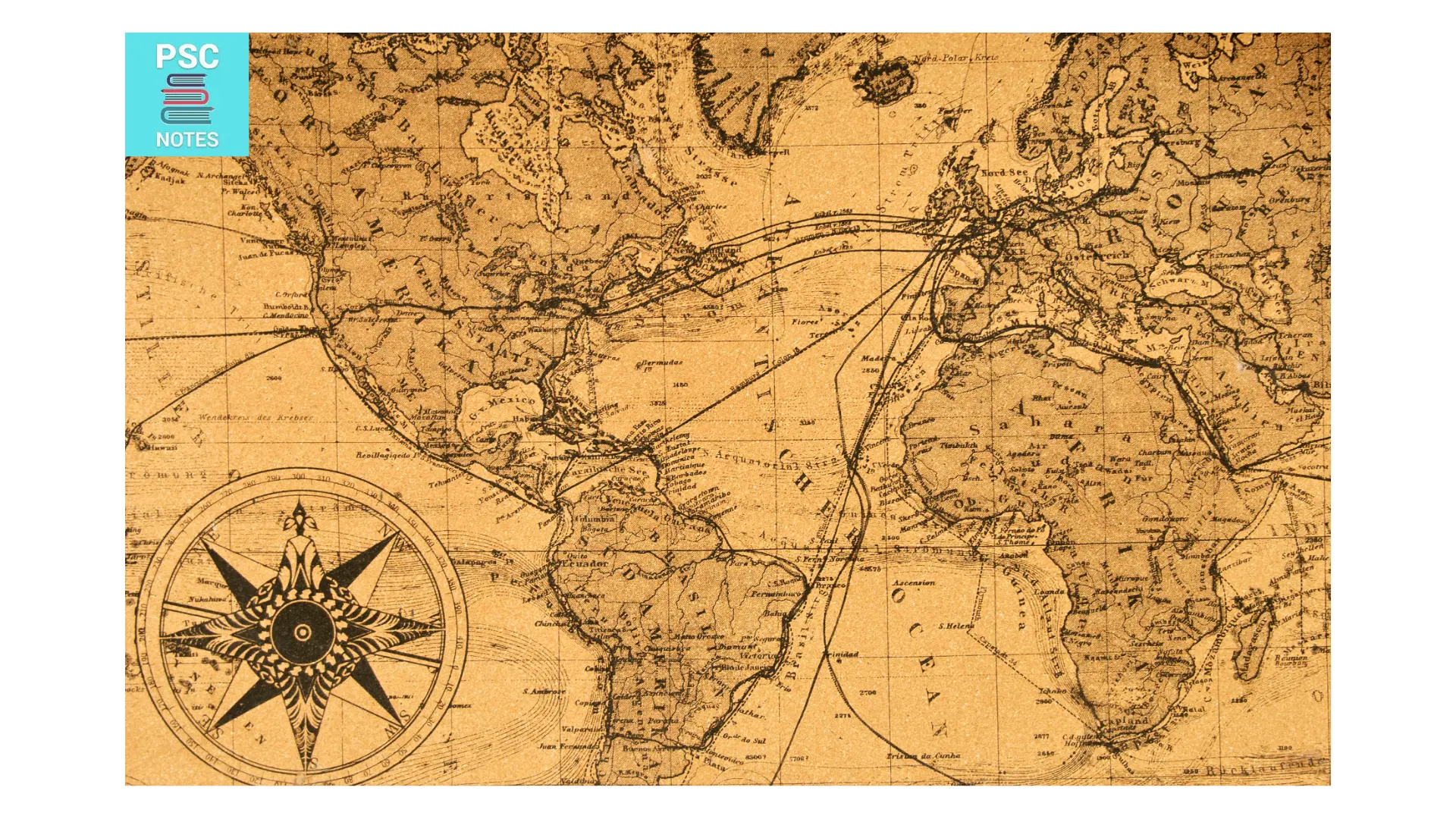Colonization and Decolonization
Concept of Colonization Colonization is a process by which a central system of power dominates the surrounding land and its components. The term is derived from the Latin word colere, which means “to inhabit” The colonial age featured two types of empire. In a colonial empire, conquered territories were settled by the conquering nation; a … Read more
